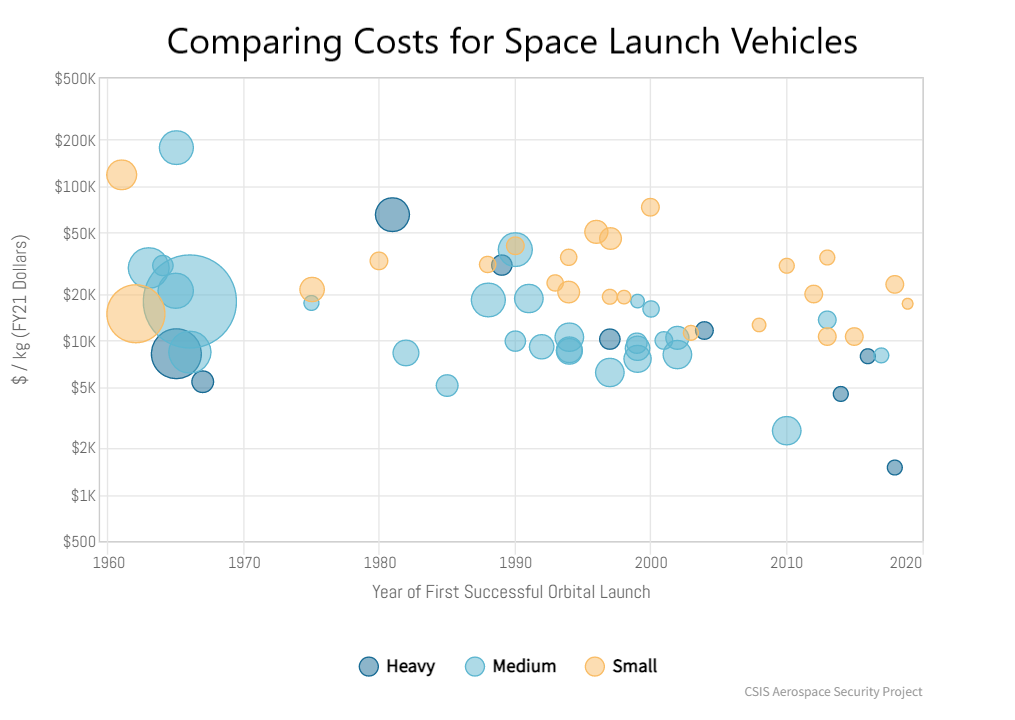Building wealth, personal wealth, is not something that is limited to a single strategy. You can either invest a fortune, earn a fortune, win the lottery, inherit a fortune, or grow a fortune. There is no one-size-fits-all method to creating wealth, and you have to pick what suits your needs. Regardless, it’s important to know how to build a fortune in the best possible way for you.
Building Wealth vs Fortune
Wealth and fortune are not synonymous terms, but we associate them as such because of the somewhat irrational human concept we know as good luck. Fortune, in the realm of personal finance, is better described as fortuitous wealth, the kind that was attained through positive actions and good luck. We are not solely talking about the kind of good luck that makes it possible for us to hit the lottery jackpot or being born into money; we are talking about the kind of luck that keeps bad things from getting in the way of generating wealth.
If you successfully build wealth as a real estate developer, for example, your gains are a fortune because you are investing in a field where many things can go wrong. Let’s say you were always able to flip properties just before the housing market turned against you; this is clearly good luck, and it is when we can say that the wealth you built is indeed a fortune.
Luck is an aspect of investing that cannot be ignored. Even legendary investors such as Warren Buffett, who happens to be one of the biggest fans of compound interest, will tell you that luck has blessed not only his investments but his life in general. Granted, Buffett is also known for being a highly disciplined investor, but he admits that he has been luckier than most. All the same, Buffett has also stayed away from investing strategies that would have presented more risk than he is willing to tolerate; in other words, he has made financial decisions based on the lesser likelihood of things going wrong.
Here we are going to explain a few principles of compound interest investing and how it can help you build and earn wealth. Even though compounding is a financial strategy in and of itself, it does not have to be the sole investing activity you get into; however, it should be clear to see how it can help you achieve personal financial goals.

Compound Interest as the Ultimate Hedge Against Financial Risk
We already mentioned a successful real estate developer who never got caught up in a market downturn as an example of a lucky investor. We also mentioned that Warren Buffett is not the type of investor who takes chances; he prefers the simplicity of compound interest because of how straightforward it is for everyone and also because it does not leave much to chance.
In financial mathematics, compound interest is nothing more than an exponential logarithm, which is to say that it can be boiled down to a simple formula. You can see how the formula works by playing around with our calculators, which only require you to input parameters such as initial deposit, compound interest, frequency of interest payments, amount of periodic contributions, and how long you plan on keeping the account active.
There is not much that can go wrong with the most rudimentary form of compounding, which is to deposit money into a high-yield savings or money market account. Assuming that the account is in a bank or credit union in the United States, the worst that could happen would be the institution failing, in which case your money is safe for up to $250,000, thanks to the Federal Deposit Insurance Corporation.
The most common issue faced by compound interest investors is when income stops flowing and they cannot contribute to the account with cash deposits. When this happens, your calculations are thrown off, but you are still earning compound interest on your balance, and this will not stop until you take your money out and decide to close the account.
Compared to real estate investing, the risks of compounding are null. Real estate has too many moving parts; in a single deal, you may run into issues related to zoning, structural damage, title disputes, clerical errors, unethical practices, and even market conditions. Even blue-chip stock investing is far riskier than compound interest because you can never know if the stocks you pick will experience the same growth as Amazon or Tesla.

Getting Rich Slowly
Compounding is the polar opposite of investing styles such as day trading or house flipping. Unless you are able to constantly inject sizable cash contributions to your compound interest account, it will take a while for you to build wealth.
Let’s say a 25-year-old chef from New York wants to get started with compound interest in May 2022. She has $500 on hand and is able to deposit at least $100 per month into her NY Community Bank money market account, which compounds daily at an annual percentage yield of 1%. By the time she is 45, this young investor will have grown her initial deposit to more than $27,000. We don’t need a compound interest calculator to know that this is not a lot of money, but what happens if the chef decides to contribute $500 per month instead?
Thanks to our calculators, we can see that the NY chef in our example could grow her compound interest account to $133,450 after 20 years of contributing $500 per month. Of course, this may require certain efforts, such as cutting back on restaurant meals and Starbucks, but she would actually be building wealth.
While it is true that a house flipper could make $27,000 with a single deal, and a day trader could make that in a week of taking market positions on volatile stocks, these investors are subject to the kind of financial risk that our NY chef will never have to worry about.
As long as you have time on your side, compound interest will not let you down as an investing strategy, and you do not need to make it the only asset in your portfolio. If you actively trade stocks, bonds, or cryptocurrency, you can always direct your trading profits into a compound interest account in order to maximize your returns down the line.



